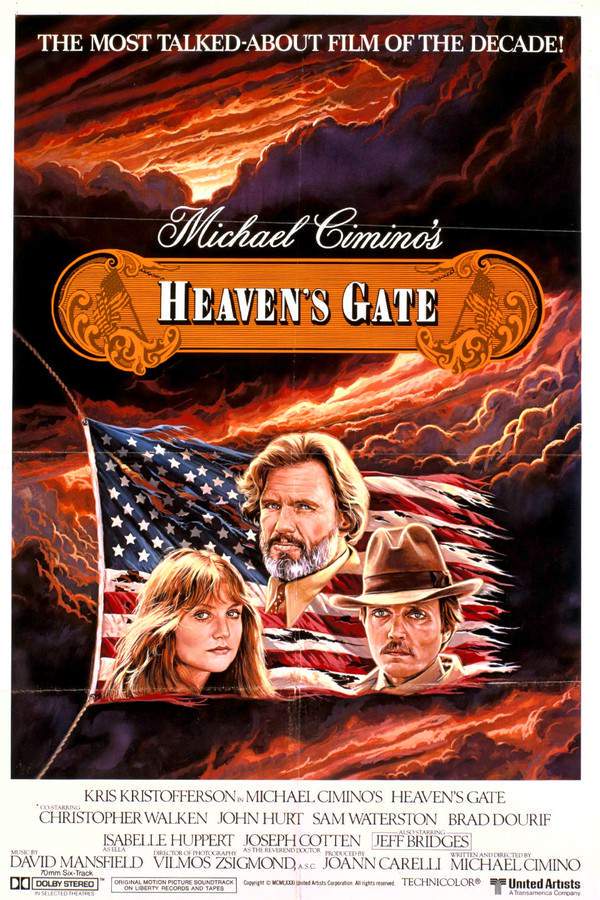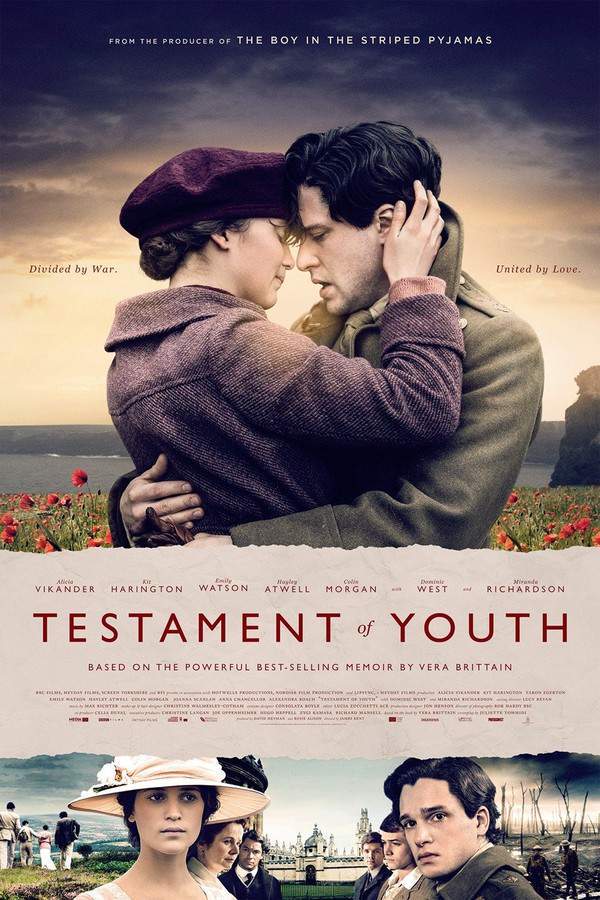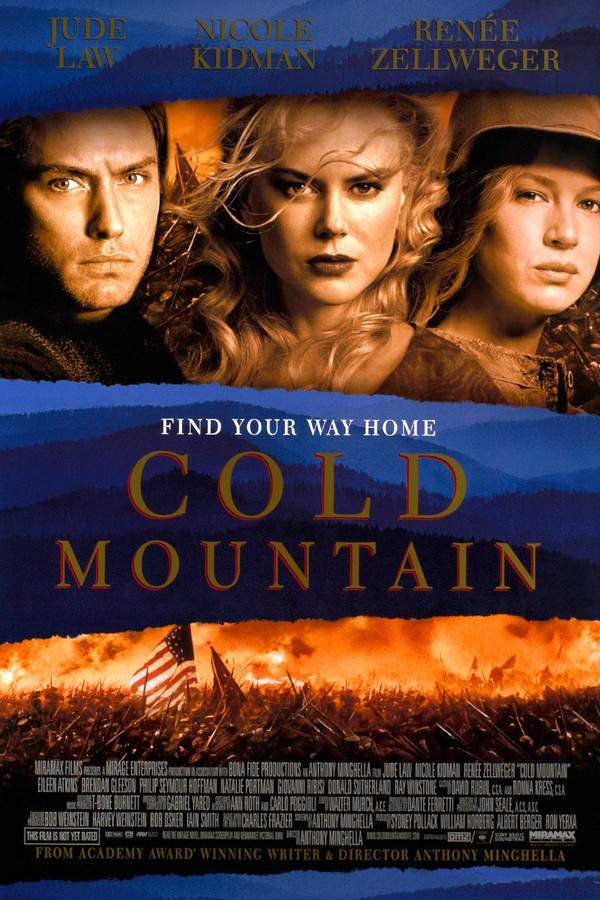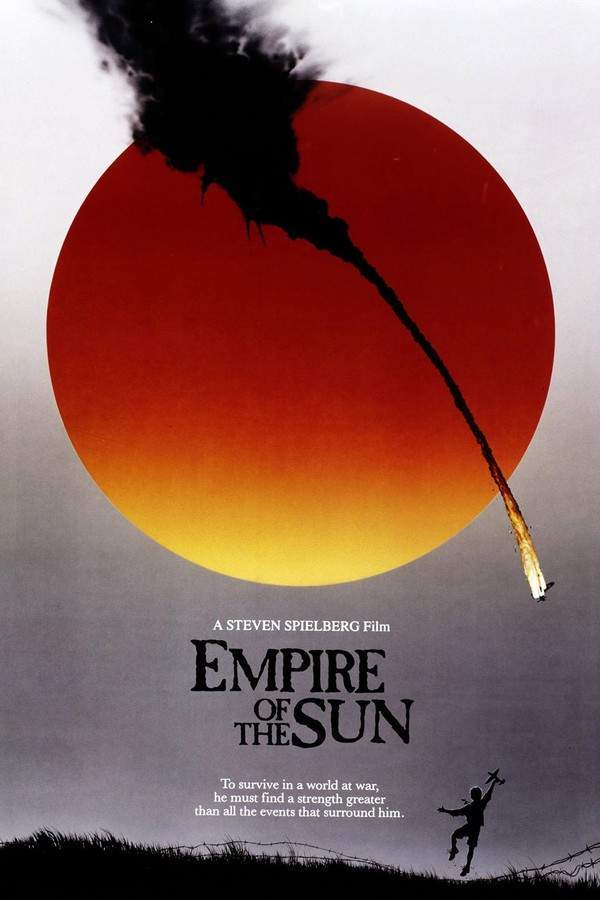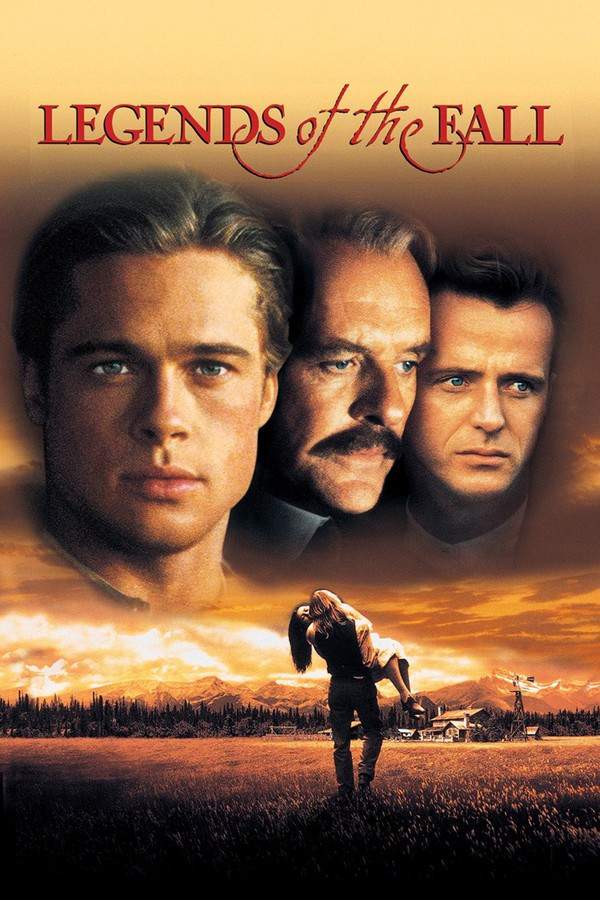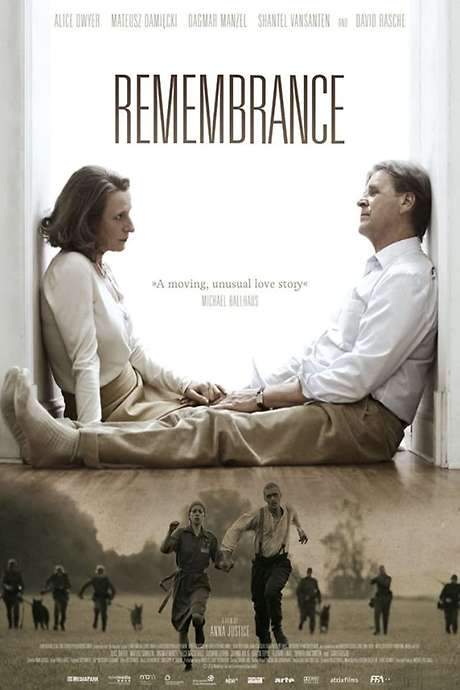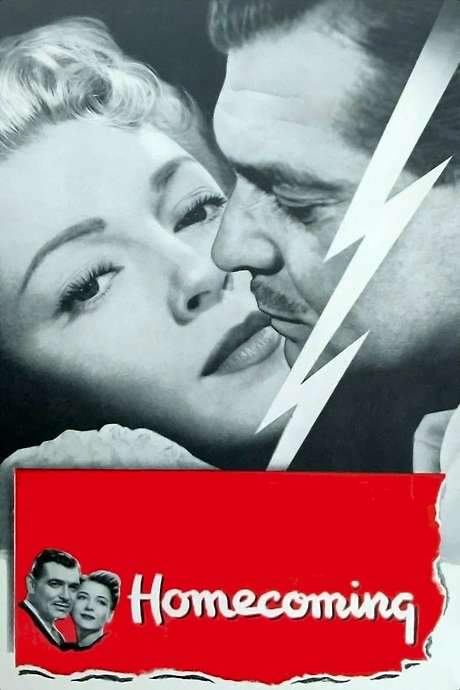
The Crossing I
Year: 2014
Runtime: 129 mins
Language: Chinese
Director: John Woo
Following the end of World War II and amidst the upheaval of the Chinese Revolution, three couples of varying backgrounds and nationalities embark on a perilous journey to escape mainland China and seek refuge on the island of Taiwan. Their escape is fraught with danger as they navigate a tumultuous era and confront personal challenges while forging unexpected connections.
Warning: spoilers below!
Haven’t seen The Crossing I yet? This summary contains major spoilers. Bookmark the page, watch the movie, and come back for the full breakdown. If you're ready, scroll on and relive the story!
The Crossing I (2014) – Full Plot Summary & Ending Explained
Read the complete plot breakdown of The Crossing I (2014), including all key story events, major twists, and the ending explained in detail. Discover what really happened—and what it all means.
Part I
In a sweeping conflict set against World War II on the Manchurian frontier, Lei Yifang, Huang Xiaoming, a high-ranking general, orders a daring assault on entrenched Japanese forces despite pushback from his subordinates. The bold strike breaks through the enemy lines and the momentum shifts, winning a hard-fought victory that changes the careers of those involved. Dr. Yen Zekun, an ethnic Chinese field medic conscripted into the Japanese army from Taiwan, is captured during the chaos and shipped away to a prison camp in Fengtian. Lei’s rise continues as he’s promoted to lieutenant general, while Yen finds himself confined far from home. On the train transporting prisoners, Yen reads a letter from his Japanese lover, Masami Nagasawa, Masako, whose presence threads through the years that follow.
A few years pass, and the Chinese Civil War roars anew. In Shanghai, Yu Zhen, a poor and illiterate young woman who has become an orderly at a Nationalist hospital, clings to the hope of reuniting with her boyfriend Yang Tianhu, who fights on the other side of the conflict. Meanwhile, in a different social orbit, Lei Yifang captives’ world widens when Zhou Yunfen, Song Hye-kyo, a wealthy debutante, captures the general’s attention at a charity event hosted by her family. Their chemistry is undeniable, and their romance soon leads to marriage, set against a backdrop of looming war and social divides.
Months later, Yu Zhen encounters signal sergeant Tong Daqing, Tong Dawei, near the same photography studio used for Zhou and Lei’s wedding photos. Tong hopes to construct a “family portrait”—with a borrowed baby and a staged union—to help his parents secure more food rations. After they take the pictures, a student anti-war protest erupts outside the studio, and the scene spirals into violence as police crack down. In the studio, Yen reemerges, presenting separate photos of himself and Masako and requesting a clever alteration to simulate a life they never shared.
Tong and Yu slip away to a nearby noodle shop, where Tong speaks about why he joined the army, and Yu asks about soldier identification numbers that would let her locate him later, whether alive or dead. Yu’s expression brightens at the thought of her future, but Tong misreads it as a sign of romantic interest. He rushes to depart for duty, urging Yu to memorize his unit number so she can find him in the future. In the end, Yu orders a copy of the wedding portrait that supposedly captures the two of them with their “baby,” a dream that keeps her alive amid hardship.
As Zhou travels to Taiwan with Lei’s world quietly closing around her, she begins to sense the deeper layers of her husband’s life. Her pregnancy grows, and she speaks of not wanting to be sent away to Taiwan as war clouds gather. Her parents see her off, capturing one final image of Lei in the background as he silently watches from a hidden position, preparing for the front.
Back in Shanghai, the atmosphere for workers and dancers grows tense as war demands more sacrifices. Yu, having lost her earlier stability, turns to work as a dancer and, later, into prostitution to secure funds for her journey to Taiwan, hoping to find her missing lover. A new reality emerges: Lei’s 12th Army edges toward encirclement in the Huaihai Campaign, with supply routes cut and morale fraying. An attempt to break out is met with fresh orders that force Lei to confront the scars of battles fought earlier on the same ground, but now against fellow Chinese rather than foreign invaders. He laments the irony of returning to the same battlefronts, only to see comrades fall to their own countrymen.
In Taiwan, Zhou searches for music and memory, replacing a painting with a relic from her wedding. She discovers Masako’s diary tucked behind a painting, along with Masako’s sheet music, and she begins to understand that the house she occupies once belonged to Masako herself. Zhou encounters Yen again, and the two form a fragile, quiet alliance rooted in shared longing for a distant love. Yen explains how his mother sold Masako’s mother the piano that Zhou now treasures, and the two bond over the sound of music and the ache of separation, with quarters of history and family secrets binding them.
Meanwhile, Tong, back with Lei’s radio crew, forges a moment of solidarity with Lei as they share their photos and memories. In the broader war zones, the Communist forces gain momentum, while the Nationalists tighten their grip on dwindling resources. Lei makes a dramatic choice to stand his ground as the enemy advances, and Tong, moved by loyalty, returns to support him even as the end looms. A turning point arrives when Tong’s companion–a defector from the 108th Division–turns hostile, and Tong must navigate a dangerous moral landscape to preserve life. The two men face a final, brutal confrontation as the Chinese civil war consumes them all, with Lei making a last, selfless decision to ensure the survival of his diary and the memory of his family that anchors him to the future. In the end, Lei’s fate is sealed by a tank shell that destroys his command post, and Tong’s steadfast loyalty underlines the human cost of war.
Part II
The story leaps forward to the dawn of 1949 as three couples flee from China to Taiwan amid the Communist Revolution. A drunken ship captain endangers the voyage when his vessel collides with another, and the hull sinks in mere minutes. Surviving a chaotic scramble, Dr. Yen Zekun uses his medical knowledge to tend the injured on makeshift flotation devices as the wreckage drifts. Yu Zhen, recalling her days as a nurse, assists Yen and others while struggling to stay afloat. The desperate scramble for life turns grim when some men target lifebuoys for themselves, and Yen is stabbed in the melee. He drifts away, seeing a vision of Masako—whose own sorrow over her past life threads the memories of those he loves—before slipping away into the sea.
Yu Zhen, resilient and resourceful, is reunited with Tong Daqing, who has also survived, though he loses Lei Yifang’s notebook in the chaos. Yu Zhen clutches the diary’s pages as the survivors cling to debris, and an Australian warship, HMAS, rescues them along with thirty-one other survivors as the sun rises on a fragile new day. Four months pass, and Zhou Yunfen gives birth to Lei Yifang’s son, though she remains unaware of her husband’s fate. Tong Daqing then arrives at Zhou’s home to bring the bad news—and to offer Lei Yifang’s diary, which Yu Zhen had preserved. The two men’s acts of courage—Tong’s loyalty and Yu Zhen’s steadfast hope—allow Zhou to begin to understand the cost of love in war, and to give thanks to the people who helped them endure. In a quiet moment of gratitude, Zhou and Tong both acknowledge the gratitude they owe to Yu Zhen for keeping the memories alive, and for helping to carry the weight of the past into a fragile future.
Last Updated: October 09, 2025 at 16:03
Explore Movie Threads
Discover curated groups of movies connected by mood, themes, and story style. Browse collections built around emotion, atmosphere, and narrative focus to easily find films that match what you feel like watching right now.
Epic Survival Stories Like The Crossing I
Sweeping historical dramas where political upheaval forces desperate journeys to safety.Explore movies like The Crossing I, featuring large-scale historical dramas about survival during war and revolution. If you liked the journey from mainland China to Taiwan, you'll find similar stories of forced migration, desperate escapes, and the human cost of political upheaval.
Narrative Summary
Stories in this thread follow large groups or multiple protagonists as they are uprooted by war or revolution. The narrative unfolds across a vast geographical and emotional landscape, charting their perilous path toward an uncertain refuge, often at great personal cost.
Why These Movies?
These films are grouped by their shared focus on the epic scale of human displacement, blending meticulously recreated historical settings with heavy emotional narratives about survival, sacrifice, and the fragility of home.
Bittersweet Wartime Romances Like The Crossing I
Love stories tested by the immense pressures and separations of war.Find movies similar to The Crossing I that explore love and relationships against the backdrop of war. If you were moved by the intertwined love stories set during the Chinese Revolution, you'll appreciate these dramas about connection, sacrifice, and memory in times of conflict.
Narrative Summary
The narrative pattern centers on couples or romantic entanglements fractured by external conflict. The story interweaves moments of tender connection with the harsh realities of survival, exploring themes of loyalty, sacrifice, and the haunting persistence of memory and lost love.
Why These Movies?
They share a specific emotional mix: a significant romance score deeply complicated by a high sadness score, set against a tense, high-intensity historical backdrop, resulting in a melancholic tone and a bittersweet resolution.
Unlock the Full Story of The Crossing I
Don't stop at just watching — explore The Crossing I in full detail. From the complete plot summary and scene-by-scene timeline to character breakdowns, thematic analysis, and a deep dive into the ending — every page helps you truly understand what The Crossing I is all about. Plus, discover what's next after the movie.
The Crossing I Timeline
Track the full timeline of The Crossing I with every major event arranged chronologically. Perfect for decoding non-linear storytelling, flashbacks, or parallel narratives with a clear scene-by-scene breakdown.

Characters, Settings & Themes in The Crossing I
Discover the characters, locations, and core themes that shape The Crossing I. Get insights into symbolic elements, setting significance, and deeper narrative meaning — ideal for thematic analysis and movie breakdowns.

The Crossing I Spoiler-Free Summary
Get a quick, spoiler-free overview of The Crossing I that covers the main plot points and key details without revealing any major twists or spoilers. Perfect for those who want to know what to expect before diving in.

More About The Crossing I
Visit What's After the Movie to explore more about The Crossing I: box office results, cast and crew info, production details, post-credit scenes, and external links — all in one place for movie fans and researchers.


